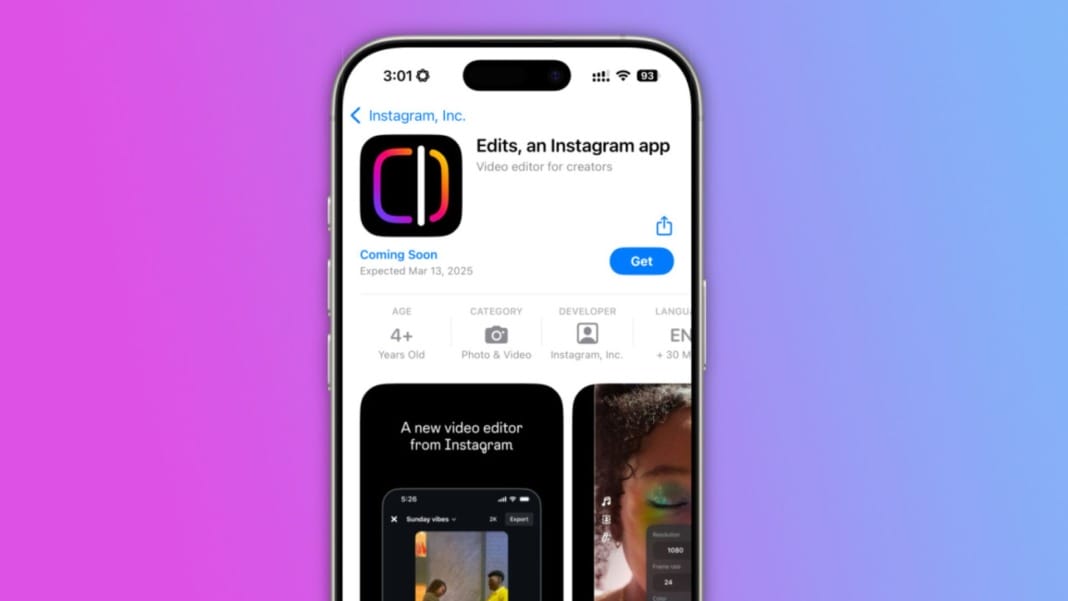The Federal Trade Commission (FTC) revealed that Cognosphere, the developer behind the popular game Genshin Impact, has agreed to settle charges by paying a hefty US$20 million fine. The settlement follows accusations of misleading players, particularly children, and violating regulations around in-game purchases and personal data collection.
Allegations of misleading players
The FTC’s complaint claims that Cognosphere actively targeted children with its loot boxes, a Genshin Impact feature allowing players to purchase virtual items. The company allegedly misled players about their odds of winning valuable prizes, causing many to spend large sums of money in hopes of obtaining rare items.
For years, loot boxes have been contentious, with many critics comparing them to gambling. Players were required to purchase virtual currency, which often involved several complex exchanges, making it unclear how much money they spent. According to Samuel Levine, the Director of the Bureau of Consumer Protection, players would frequently spend hundreds of dollars for a chance at prizes they were unlikely to win.
Children targeted through social media
The complaint also highlights that Cognosphere specifically used social media channels and in-game advertisements to target younger audiences. The company allegedly violated the Children’s Online Privacy Protection Rule (COPPA), restricting how companies collect and use personal data from children under 13.
As part of the settlement, Cognosphere has agreed to delete all personal information collected from children under 13 unless they have received consent from the child’s parent. This will help ensure that the company complies with COPPA and provides parents with control over their children’s data.
New regulations and changes to in-game purchases
Once the settlement is finalised, several significant changes will be enforced on Cognosphere’s practices. The company will be required to offer players the option to purchase loot boxes directly rather than using virtual money that requires multiple exchanges. This should give players a clearer understanding of the costs of purchasing these items.
Additionally, Cognosphere will be banned from making false or misleading claims about the pricing, features, and odds of winning prizes in loot boxes. The company must also disclose the exchange rates for multi-tiered virtual currencies to avoid confusion regarding in-game purchases.
This settlement reminds us of the growing scrutiny of companies that market to children and use complex in-game mechanics like loot boxes. The FTC’s decision aims to protect consumers, particularly younger players, from deceptive marketing and ensure that companies follow data collection and transparency rules.
Editor’s note: This story has been updated with a response from Cognosphere, the distributor of Genshin Impact. Cognosphere clarified that while Genshin Impact is a free-to-play, anime-style game designed for older teens and adults, the company agreed to the FTC settlement to demonstrate their commitment to the trust of their community and transparency for players. Cognosphere has stated that many of the FTC’s allegations are inaccurate but has agreed to implement new age-gate and parental consent protections for children and young teens, along with increased in-game disclosures around virtual currency and rewards for players in the U.S. in the coming months. The full statement is available here.





